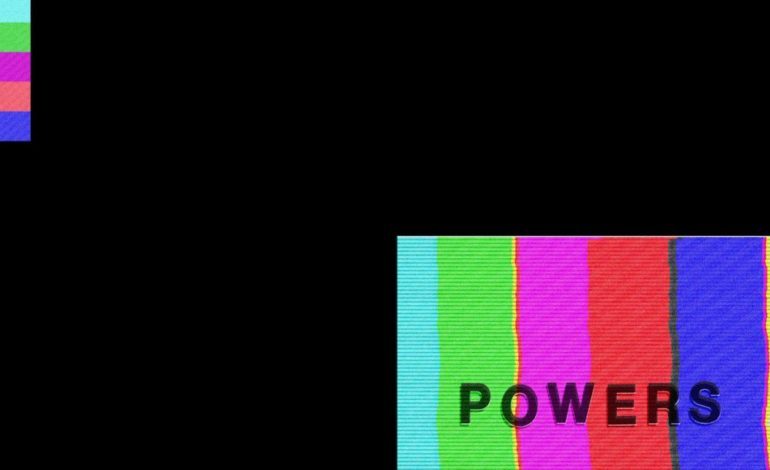

A hot and hard thing to handle
Since their first self-titled album, The Futureheads have persistently proven their musical versatility. Their 2004 staple single, “Decent Days and Nights,” a pop-punk medley resembling something of a sound born between The Clash and The Maccabees, established them as prominent artists of the British alternative music scene. Since that debut, they have been unafraid to experiment and unafraid to fail. They’ve given people an entire acapella album (Rant, 2012), revealed the heavier side of their sound on albums like This Is Not The World and The Chaos and most successfully of all, they’ve built a vast repertoire of alt-Brit-ballads that continue to resonate, even today.
Powers, their latest creation, moves further away from their punkier beginnings, leaning more into a variety of alt-rock. Their essential sound will never be lost, largely thanks to Ross Millard’s dogged vocal identity, but a certain reformation can definitely be felt on this record.
The opening track “Jekyll” immediately introduces their ‘new sound’. A more reckless one, with less caution, less method and above all else, a sense of freedom. The track ends with an extensive section of heavy guitar runs and a chorus of menacing chants. Grungy notes linger and their transformation can be felt quite suddenly in these riffs. While they still retain their manic catchiness, they feel less sweet, less indie and more unashamed. It’s a hopeful opening track, but their liberty becomes unnerving and unimpressive as the album progresses.
The second track, “Good Night Out” feels like a step backward. It loses all consideration and is a sound of the past. Their fierce riffs and curious compositional choices fall down to a totally unoriginal, uninspired emo ballad. “Animus” comes as another change on the record. It’s more of what fans are used to from the band, and it’s good, but just within three tracks, The Futureheads have given listeners too many sounds and too many ideas that only oppose each other.
These jumps continue to confuse. “Across The Border” tugs at a sound similar to Rage Against The Machine, while “Electric Shock” and “Stranger In A New Town” are total punk-indie ballads, playing on harmonious synths and easy melodies. “Listen, Little Man!” brings us back to the opening track, and regains some sense of direction. It’s a tempered experiment and creates a sound still resonant of The Futureheads, only bolder and louder. If the album had managed to retain these qualities on each and every track, it would certainly be a brilliant move by the band, but unfortunately, their seemingly new-found autonomy became a bit too much to handle.
The closing track is yet another example of The Futureheads and their ‘Powers’. It grows and attacks and feels fresh. The bass line is dark and ragged, and the repetitive vocals that slowly rise in semitones, almost going unnoticed, is a brilliantly original compositional technique. The track holds you, and we hold it. “Mortals” is The Futureheads’ “Bohemian Rhapsody” and if they could drag it into every crack of the album, it would truly be a thing of creative power.
Powers is halfway there, and while it may be The Futureheads at their most dynamic, it is also them at their most disjointed. Hopefully, they find the reigns to bring themselves back a bit and find the balance between restraint and reinvention. Sadly, for now, their dawn will have to come another day.
